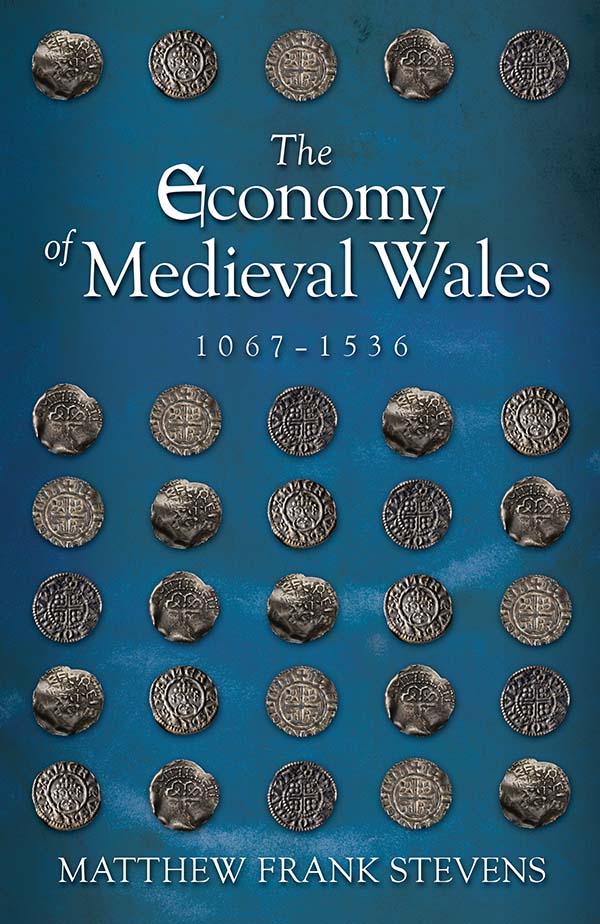The Economy of Medieval Wales, 1067-1536
Awdur(on) Matthew Stevens
Iaith: Saesneg
Dosbarthiad(au): Medieval
- Hydref 2019 · 144 tudalen ·216x138mm
- · Clawr Meddal - 9781786834843
- · eLyfr - pdf - 9781786834850
- · eLyfr - epub - 9781786834867
This book surveys the economy of Wales from the first Norman intrusions of 1067 to the Act of Union of England and Wales in 1536. Key themes include the evolution of the agrarian economy; the foundation and growth of towns; the adoption of a money economy; English colonisation and economic exploitation; the collapse of Welsh social structures and rise of economic individualism; the disastrous effect of the Glyndŵr rebellion; and, ultimately, the alignment of the Welsh economy to the English economy. Comprising four chapters, a narrative history is presented of the economic history of Wales, 1067–1536, and the final chapter tests the applicability in a Welsh context of the main theoretical frameworks that have been developed to explain long-term economic and social change in medieval Britain and Europe.
Preface
Abbreviations
Maps
Introduction
1 Early History, Conquest and Colonisation, 1067–1315
2 The Medieval Economy at its Apex, 1282–1348
3 Crises and Restructuring, 1315–1536
4 Modelling the Economy of Medieval Wales
Bibliography
Index


